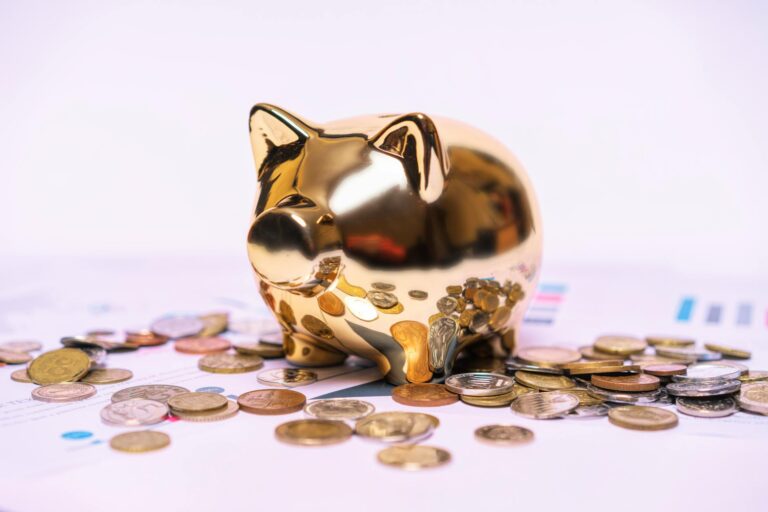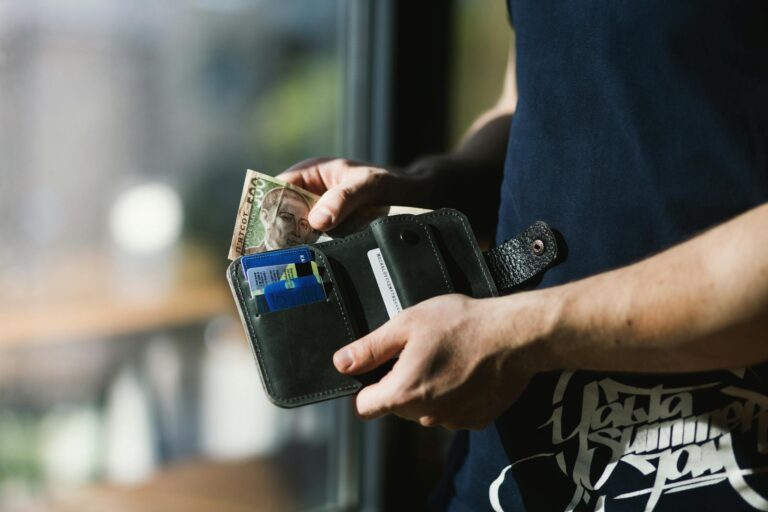**How Your Childhood Coin Collection Trained Numerical Fluency**
Do you remember collecting coins as a child? Maybe you had a piggy bank or a special album to keep them in. While collecting coins might seem like just a fun hobby, it can actually help you develop important math skills, especially numerical fluency.
### Counting Coins
One of the simplest ways to practice numerical fluency is by counting coins. Imagine you have a jar filled with different types of coins like pennies, nickels, and dimes. Each coin has a specific value, and when you add them up, you’re practicing basic addition and subtraction. For example, if you have 5 pennies (5 cents) and 2 nickels (10 cents), you can count them together to find out how much money you have in total.
### Understanding Denominations
Coins come in different denominations, which means they have different values. For instance, a penny is worth 1 cent, a nickel is worth 5 cents, and a dime is worth 10 cents. Understanding these values helps you learn about place value, which is a fundamental concept in math. Place value means knowing that each digit in a number has a specific place or position, like the ones place and the tens place.
### Making Change
Another important skill you can develop by collecting coins is making change. Imagine you have a dollar bill and you need to give someone 50 cents in change. You can use coins to make that amount. For example, you can give 2 quarters (2 x 25 cents = 50 cents) or 5 dimes (5 x 10 cents = 50 cents). This practice helps you understand how to combine different amounts to get a specific total.
### Visual Learning
Collecting coins can also be a visual learning experience. You can use a coin collection book or a chart to keep track of the coins you have. This visual representation helps you see the different values and how they add up. It’s like having a math problem right in front of you, but it’s fun because you get to see the coins!
### Real-Life Applications
The skills you develop by collecting coins are not just for fun; they are also useful in real life. For example, when you go shopping, you need to make change and understand the value of different coins. This helps you become more confident in your math abilities and makes everyday tasks easier.
### Conclusion
Collecting coins as a child might seem like a simple hobby, but it can actually help you develop important math skills like numerical fluency. By counting coins, understanding denominations, making change, and using visual aids, you can improve your ability to work with numbers. These skills are not only useful for math but also for everyday life, making your childhood hobby a valuable investment in your future. So next time you look at your old coin collection, remember that it was more than just a fun activity – it was a way to train your brain for numerical fluency





